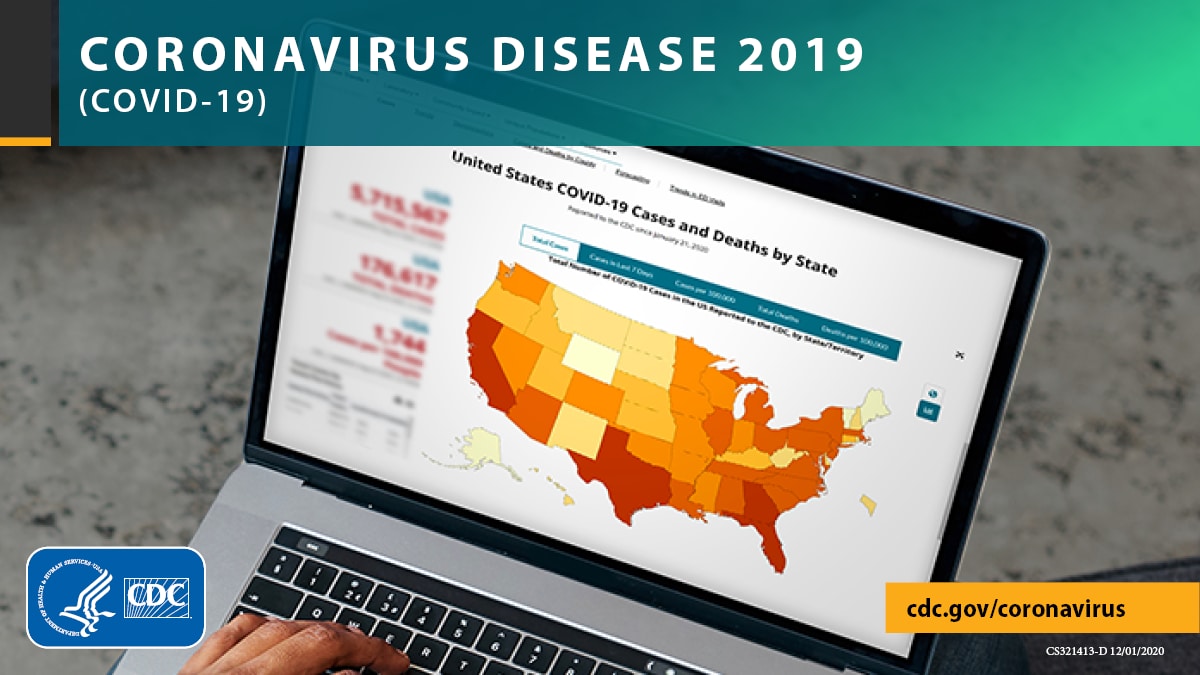... As coronavirus deaths soar across the country, deaths in communities that are home to colleges have risen faster than the rest of the nation, a New York Times analysis of 203 counties where students compose at least 10 percent of the population has found.
In late August and early September, as college students returned to campus and some institutions put into place rigorous testing programs, the number of reported infections surged. Yet because serious illness and death are rare among young coronavirus patients, it was unclear at the time whether the growth of infections on campus would translate into a major health crisis.
But since the end of August, deaths from the coronavirus have doubled in counties with a large college population, compared with a 58 percent increase in the rest of the nation. Few of the victims were college students, but rather older people and others living and working in the community.
Health officials and family members of some people who died in such counties described large surges of cases involving students followed by subsequent infections and deaths in the wider community.









Recent Comments